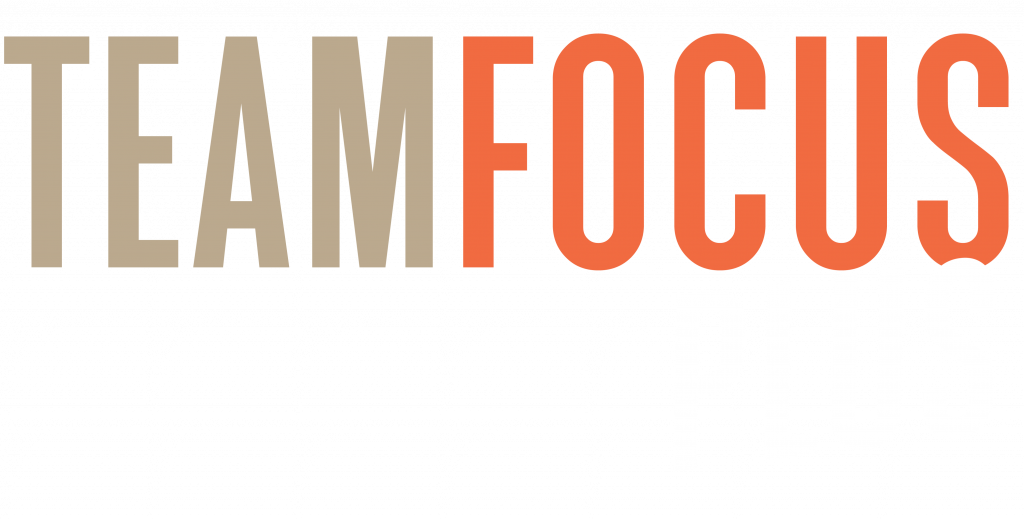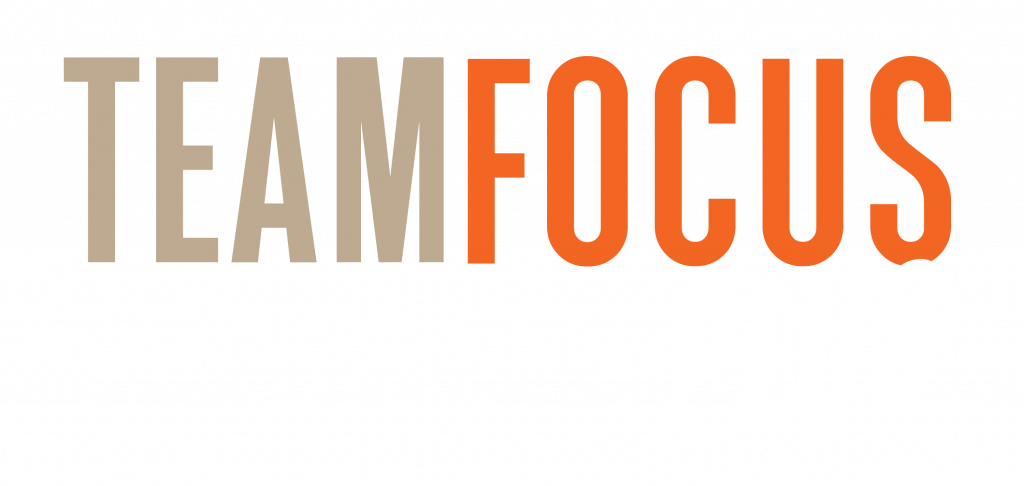All for one and one for all
I was scrolling through the options on Foxtel the other day and came across a Disney version of the Three Musketeers. It was pretty corny and Charlie Sheens’ acting was worse than usual but despite that I enjoyed it. One of the things I enjoyed was the continued expression “All for one and one for all.” It was often said by a large group who were expressing their moto, mantra, or in my opinion culture.
It got me thinking – what would it be like to be part of a large group of people who are so united in their culture, and can express it so easily? How would it feel to join this group? Each time someone said “all for one and one for all” you’d get reinforcement of the culture and would be reminded about what’s expected of you.
It’s a good lesson in culture change.
There are different ways to change culture and I’m a strong advocate in naming your desired culture. It’s the best way to start and maintain a conversation that keeps your people thinking, talking, learning, and growing with the culture. In short it makes all your effort clear and intentional.
To put this another way, the best way I know to implement culture change is to get people consciously thinking about the culture they want. The more clearly you name your culture the more people will be a part of it.
Over the years I’ve had clients use a variety of expressions for their culture and each was meaningful and relevant for the organisation. A group of public service auditors chose “Professional.” A group of prison officers chose “Supportive.” A retail group chose “Customer Focused.” A manufacturing group chose “Achievement.” In each case the word chosen conveyed a message of who we are and how we expect you to behave, and that is how you build culture.
It’s as simple as a statement like “all for one and one for all.”






